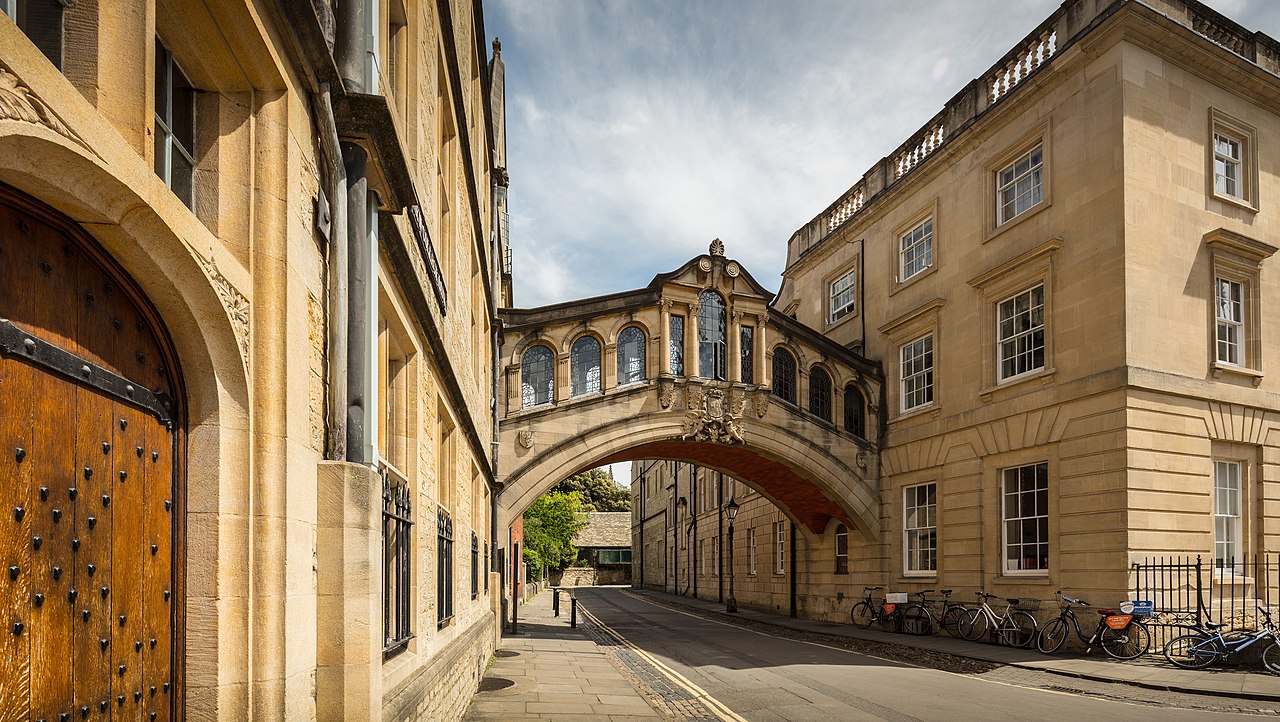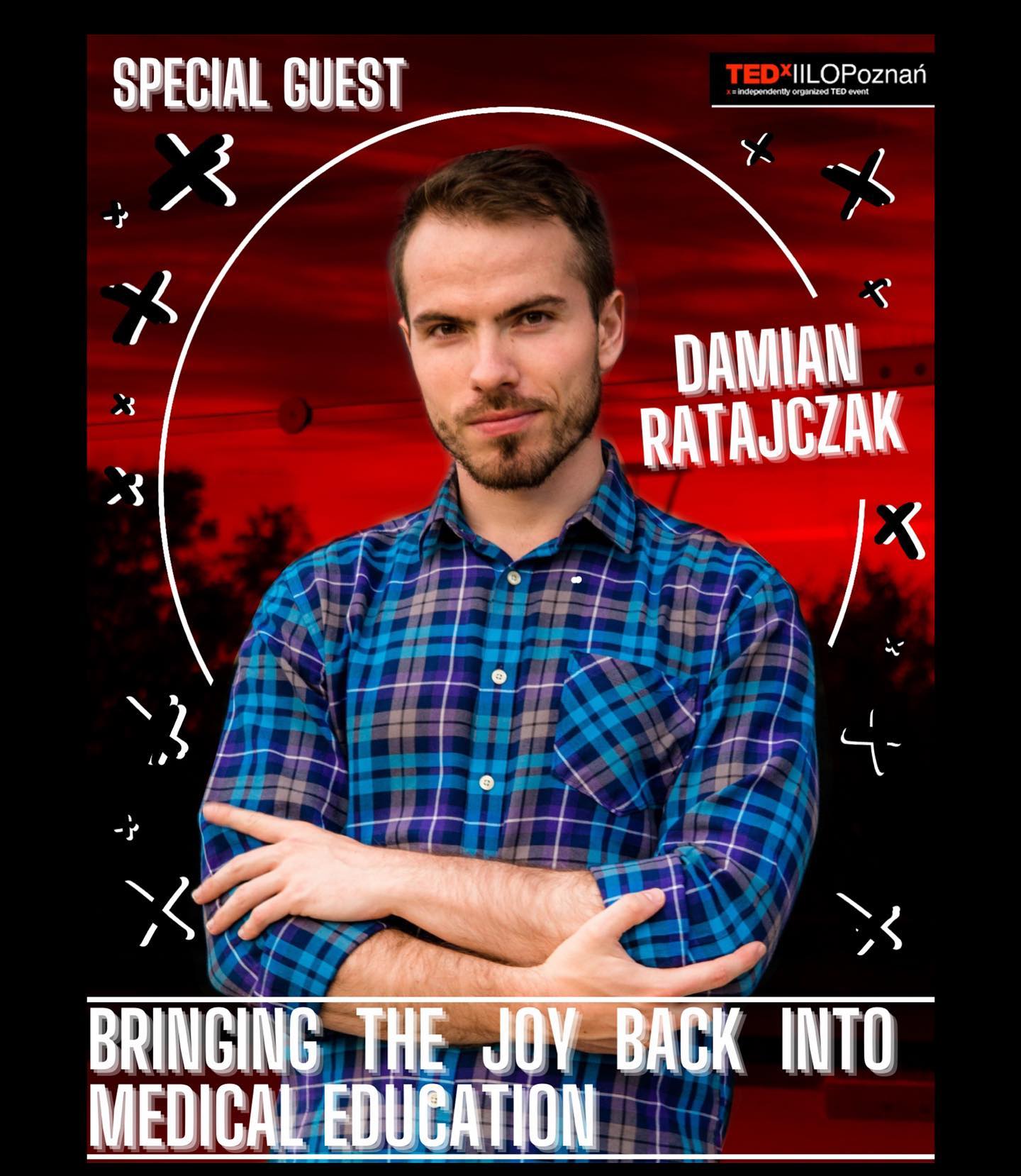If you’re struggling with medical school or daunted by the prospect of it, then you may be reassured to learn: It’s not you! Medical school is genuinely and notoriously difficult. It is supposed to be that way. But believe it or not, it doesn’t really have to be. At least, not in the way that most of us think.
Before we get to the solution, let’s look at the situation as it stands. There are many reasons why medical school is so soul-crushingly hard. Some of these reasons are in fact fixable. Others are inevitable and here to stay. Let’s begin with the obvious:
Medicine is a Huge Discipline
The science and practice of medicine require the absorption of a gargantuan amount of knowledge. You need to understand how the healthy body functions, and the causes and treatment of both common and more obscure illnesses and ailments. Your knowledge must be broth broad and deep, and must be both theoretical and applied; after all, the point is that you will be using what you learned to heal real patients and save lives.
At QUPI for example, we cover the twelve core medical disciplines which are Anatomy, Biochemistry, Behavioral Science, Pharmacology, Histology, Immunology, Microbiology, Neurology, Physiology, Pharmacology, Pathology & Pathophysiology. Phew! Yep, that’ll keep you busy!
Doctors Have an Extraordinary Amount of Responsibility
Unlike most other professions, doctors are required to make life or death decisions as part of their everyday responsibilities. Misjudgment can have serious and irreversible consequences, so it’s not surprising that the practice of medicine is highly regulated by respective governments around the world.
Depending on where you study, passing medicine requires not only successfully completing your university course exams, but also a series of government licensing exams such as the USMLE (United States Medical Licensing Exam), the MCCQE (Medical Council of Canada Qualifying Examination), the PLAB (Professional & Linguistics Licensing Board) or similar.
The level of rigorous external assessment means there’s no room for shortcuts or cutting corners. And this, at least, is understandable. We want to have faith that those we entrust with our health and well being are held to the highest possible standards. And the highest possible standards are not easily acquired!
Medicine is Highly Competitive at Every Stage
First of all, in much of the world you need to fight to get into medical school in much of the world. And the stats aren’t in your favor. In the United States, for example, as many as 59% of people who apply to medical schools get rejected from every single school that they apply to. That’s according to Noodle.com, which also shows that most applicants submit 15 or more applications to different schools – but even that isn’t enough. In Britain, things are also tough. The Medic Portal has a handy tool that can help you calculate your odds.
But say you’re one of the talented, hard working (and maybe a little bit lucky) ones who get in. What now? Medical school used to be known for having low attrition rates. The accepted wisdom was “once you’re in, you’re in.” But that is not longer the case. The grueling and joyless conditions have led to dropout rates in the US to grow from just 4% in the 1990s to almost 20% more recently.
Even those who persevere and complete their studies are not out of risk. To actually complete your education you need to undertake a medical residency. Due in-part to government funding cuts, there are far more graduating students than there are residences placements available. In the US in 2016 for example, there were 35,000 applicants for approximately 27,000 PGY1 residency slots, according to MDMag.com.
The pressure on you not only to absorb this vast amount of knowledge but also to out-compete your peers at every stage creates an atmosphere that some medical students have described as resembling a military boot camp. Sure, no one is saying medical school should be easy, but is this stress and pressure really helping us to create the doctors who we need?
QUPI’s New Vision for Medical Education
Of course, medical education has to be thorough, rigorous and challenging. Of course, we cannot compromise on the high standards to which doctors are held around the world. But there is a way to achieve the results we seek with less pain. With fewer dropouts. With less student debt. With fewer dreams dashed and careers ruined due to toxic levels of pressure, arbitrary restrictions on residency places, and a highly competitive atmosphere that sucks the joy and heart out of medical education.
At QUPI, we believe that medical education should be fun. The world desperately needs more doctors. If things don’t change, we are heading towards a potentially catastrophic doctor shortage. Now is the time to support, encourage and empower those with the vision to practice medicine, instead of keeping them trapped in a ruthless education system, struggling under layers of debt.
With our platform, app, articles, foundation and books, QUPI is striving to put the joy back into medical education. After a brief interruption, our new platform is back on track and will be released soon.
Watch this space for updates.














One response to “Why is Medical School so Hard?”
M July 1, 2019 at 10:18 am
QUPI the best app!